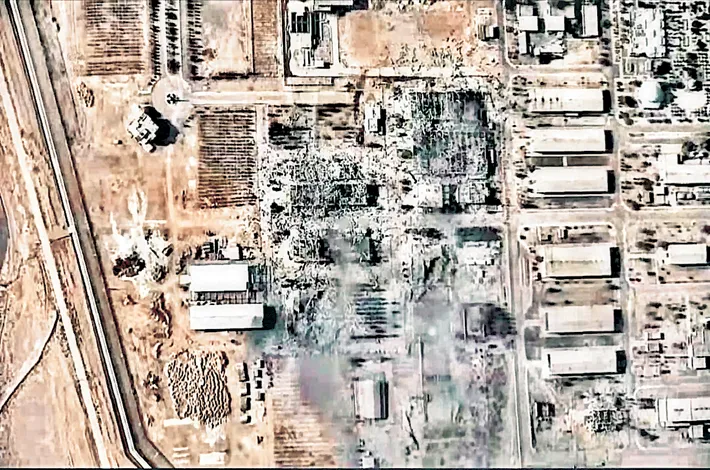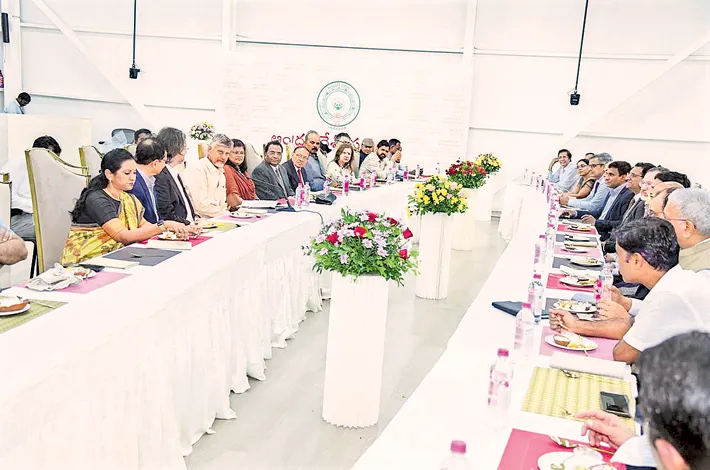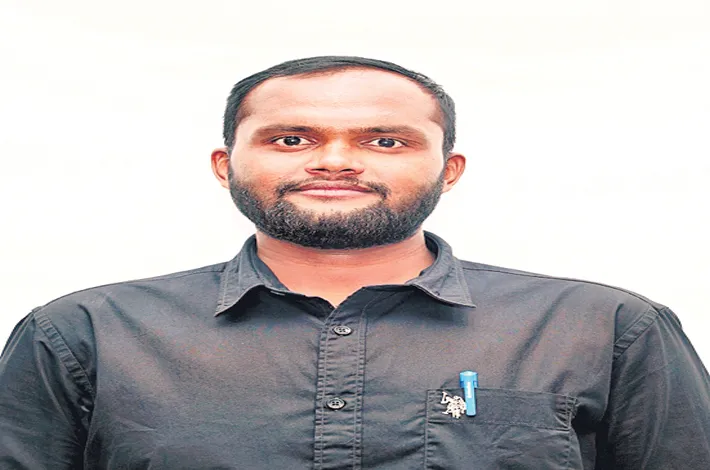Khamenei names three potential successors
22-06-2025 12:00:00 AM

Iranian Supreme Leader Ayatollah Ali Khamenei has named three senior clerics as candidates to succeed him should he be killed during the conflict with Israel, The New York Times reported on Saturday. Additionally, he has also made the “unusual decision” to instruct Iran's Assembly of Experts, which is tasked with appointing a supreme leader, to choose his successor from the three names he provided.
Khamenei has made a selection of replacements down his chain of military command in case more of his lieutenants are killed. Iranian officials are also reportedly quietly making preparations for a wide range of outcomes as the war continues, including the possible entry of the US into the fray. Wary of assassination, the suprme leader reportedly mostly speaks with his commanders through a trusted aide now, suspending electronic communications.
The Iranian leader is believed to be battling cancer, the report noted, and cited an assessment by US intelligence that concluded Khamenei has not resumed his country's nuclear weapons programme, which halted operations in 2003. Talks about who would succeed Khamenei as Iran's leader were held confidentially by diplomats from Europe and the US, speaking theoretically about a scenario where the Islamic Republic would collapse, CBS News said. The diplomats also discussed whether Iranian nuclear sites could be secured, and the environmental consequences for their allies in the region as a result of attacking nuclear facilities like Fordow.
International calls and internet connection in Iran have weakened due to the current conflict, CBS cited regional sources as saying, adding, diplomats have raised complaints that arranging meetings with Abbas Araghchi, the country's foreign affairs minister, has become more difficult. The reports come shortly after Araghchi met European counterparts in Geneva the same day, in a meeting that lasted twice as long as expected, CBS reported.
Israel strikes Isfahan nuclear facility again
Earlier on Saturday, Israel said it struck an Iranian nuclear research facility overnight and killed three senior Iranian commanders, including Saeed Izadi and Bhanam Shahriari, as the war between the two nations continued into a second week.
Smoke could be seen rising from an area near a mountain in Isfahan, where an official said Israel had attacked the nuclear research facility in two waves. The target was two centrifuge production sites, and the attacks came on top of strikes on other centrifuge production sites elsewhere in recent days, according to an Israeli military official.
Shahriari, head of Iran’s Quds Force Weapons Transfer Unit, responsible for arming Hamas, Hezbollah, and the Houthis, was killed in an Israeli airstrike over 1,000 km from Israel in western Iran. Israel said Saeed Izadi was commander of the Palestine Corps for the Iranian Quds Force, an elite arm of the Guard that conducts military and intelligence operations outside Iran, and that he was killed in an apartment in the city of Qom.
Though only a week old, the Israeli strikes are the biggest military assault on Iran since its war with Iraq in the 1980s, and the effect on the nation’s capital, Tehran, has been fierce. In a few days, the Israeli attacks have been more intense and have caused more damage in Tehran than Saddam Hussein did in his eight-year war against Iran.
Iran appears to have overcome its initial shock, reorganising enough to launch daily counterstrikes of its own on Israel, hitting a hospital, the Haifa oil refinery, religious buildings and homes. Meanwhile, Iranian FM Araghchi said it would be “very, very dangerous for everyone” if the US becomes actively involved in the war with Israel.
The minister was speaking to reporters in Istanbul on his way home from talks in Geneva, which failed to produce a diplomatic breakthrough. As the talks ended, Araghchi said he was open to further dialogue but emphasised that Tehran had no interest in negotiating with the US while Israel continued attacking.








